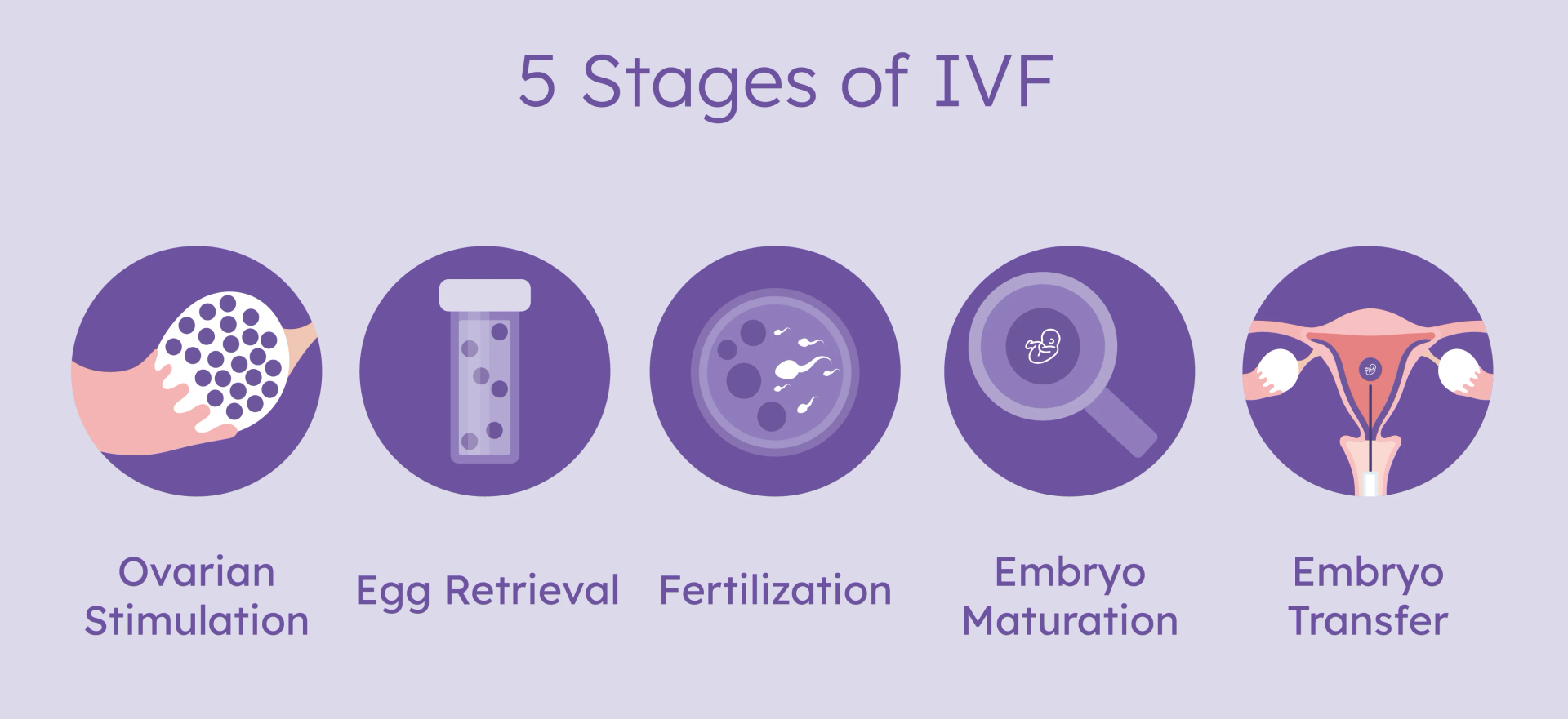WHAT IS SURROGACY ?
Surrogacy is an arrangement, often supported by a legal agreement, whereby a woman(the surrogate) agrees to carry and give birth to a child on behalf of another person or couple (the intended parent/s). People may seek a surrogacy arrangement when a couple do not wish to carry a pregnancy themselves, when pregnancy is medically impossible, when pregnancy risks are dangerous for the intended mother, or when a single man or a male couple wish to have a child.
Types of Surrogacy
When considering surrogacy, one of the first decisions hopeful parents and potential surrogates have to make is the type of surrogacy they want to pursue.
There are two primary types: gestational and traditional surrogacy, which are differentiated by the genetic origin of the egg. Gestational surrogacy tends to be more common than traditional surrogacy and is considered less legally complex.

Traditional Surrogacy+IUI
The surrogate mother provides her own eggs, which is inseminated through Intrauterine Insermination(IUI) with the intend father's sperm. Since the baby is biologically the surrogate mother's own child, there may be future issues concerning the child's future right to information about her identity.
What is Intrauterine Insemination (IUI)?
Intrauterine Insemination, also known as artificial insemination, is a fertility treatment that involves placing washed and concentrated sperm directly into the uterus. This procedure is timed to coincide with ovulation, which is when an egg is released from the ovaries and travels down the Fallopian tube.

Gestational surrogacy+IVF
Gestational surrogacy takes place when an embryo created by in vitro fertilization (IVF) technology is implanted in a surrogate, sometimes called a gestational carrier. Gestational surrogacy has several forms, and in each form, the resulting child is genetically unrelated to the surrogate.
What is In vitro fertilization (IVF)?
IVF is a type of assisted reproductive technology (ART) where sperm and an egg are fertilized outside of the human body. IVF is a complex process that involves retrieving eggs from ovaries and manually combining them with sperm in a lab for fertilization. Several days after fertilization, the fertilized egg (now called an embryo) is placed inside a uterus. Pregnancy occurs when this embryo implants itself into the uterine wall.
Becoming an Intended Parent With MLang Surrogacy
MULTIPLE SURROGACY OPTIONS&COSTS
A typical surrogacy journey can have costs that range from $40,000 to upwards of $300,000. The actual cost of your journey will depend on your personal circumstances and the country in which it is finished, whether or not you choose to work with a surrogacy agency, and whether or not you need to create embryos.







